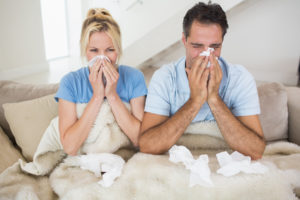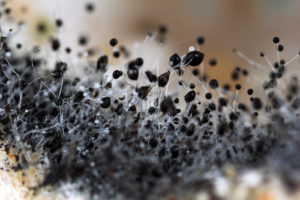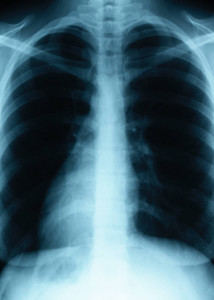Could Mold be at the Root of Your Strange Symptoms? Part Two

Could Mold be at the Root of Your Strange Symptoms?
The Environmental Protection Agency (EPA) states there are currently no established standards for safe or unsafe levels of indoor mold spores. Regardless of where you live, you are at risk for exposure to indoor mold. Leaky plumbing, water intrusion, and high humidity can all lead to mold growth. Be informed about mold and your health.
Old and new buildings have mold
Commercial buildings, offices, and schools often have mold. Older buildings have higher maintenance costs and some needed roof repairs or plumbing issues may be neglected. If an issue with mold is noticed, building owners may attempt partial fixes or spotty treatment. They may think they are saving money by not calling a mold professional, but they are actually just allowing the mold to continue thriving. If the conditions conducive to mold growth remain, mold continues growing and spreading.
New homes and commercial buildings are built tighter than older buildings to hold in heat during the winter and maintain a comfortable temperature during summer. A tight building with high humidity and inadequate ventilation is the ideal environment for mold growth. People often do not suspect a newer building could have mold or indoor pollution, but it is a common occurrence.
Treating mold exposure
A doctor who specializes in mold related illnesses can advise you on available tests for identifying mold antigens in humans. The first step to treating mold-related illness is to avoid any further exposure to the indoor mold spores. The MoldExterm treatment method is guaranteed, affordable, and does not create a mess like traditional mold remediation methods. Contacts us today for more information and don’t take chances with mold and your health.



